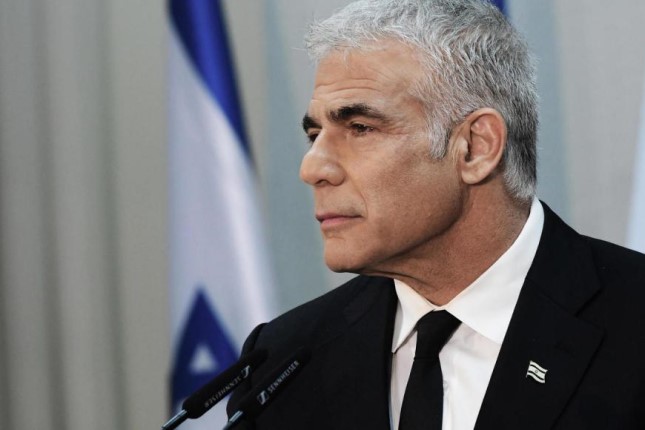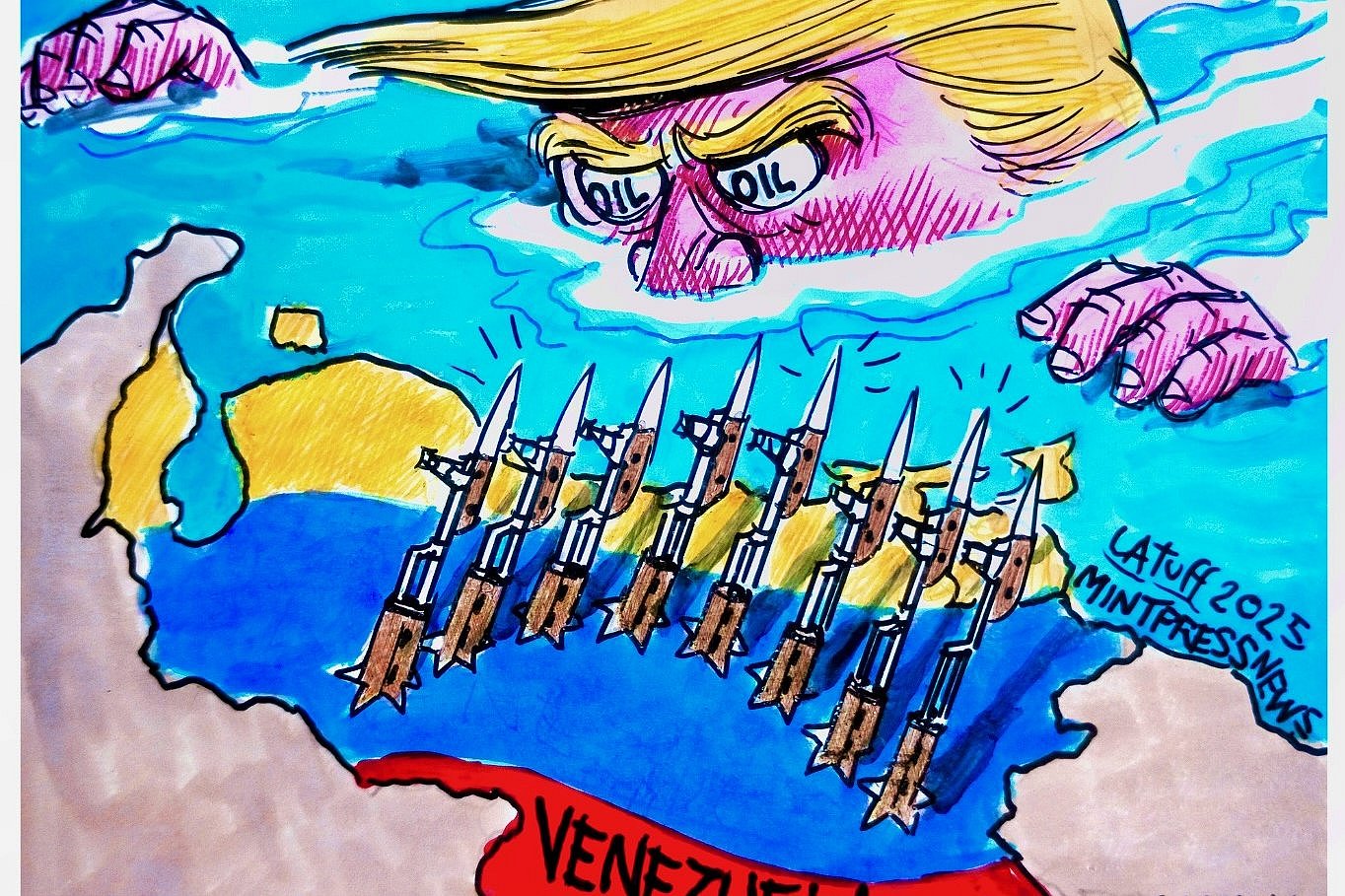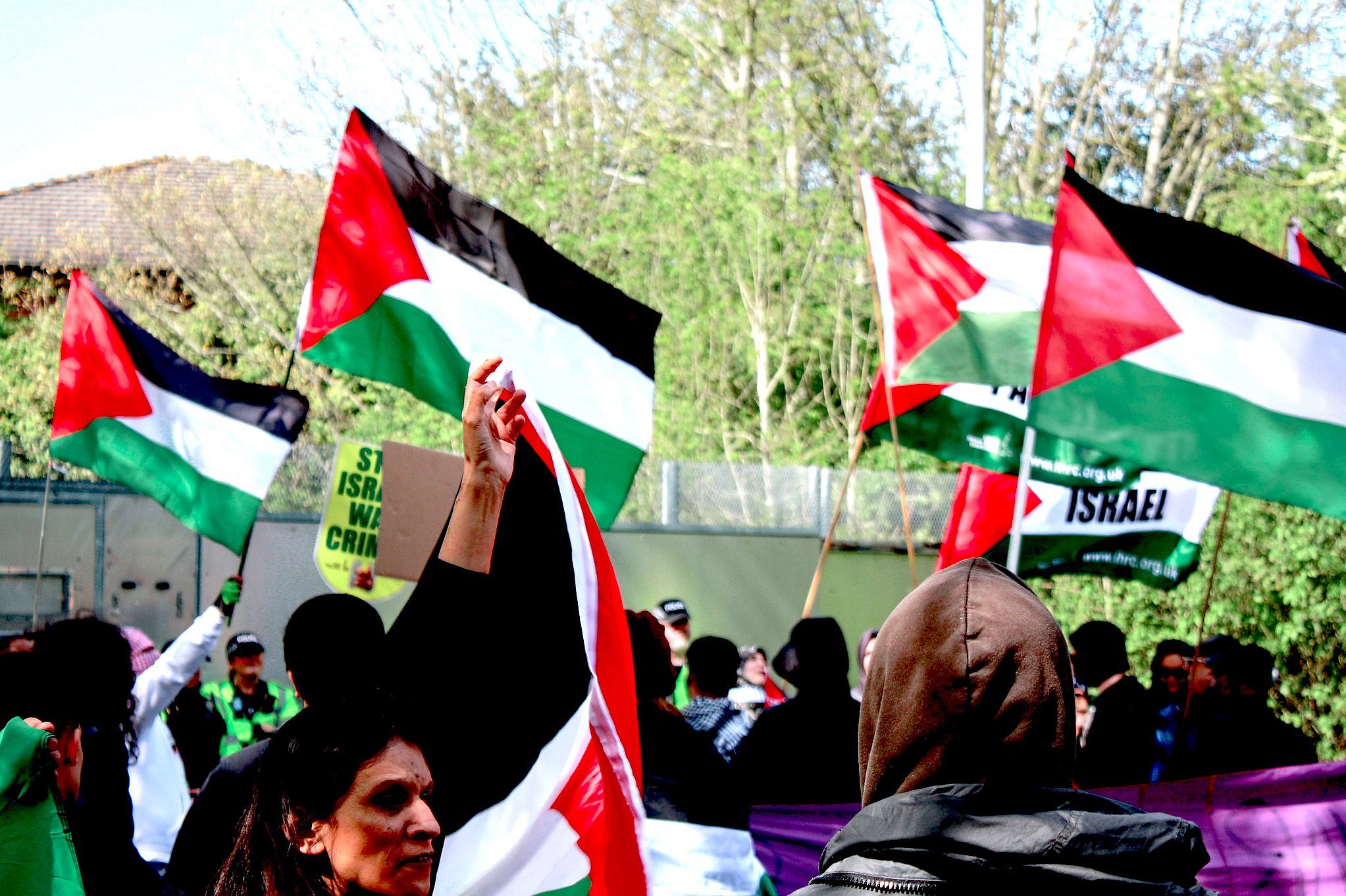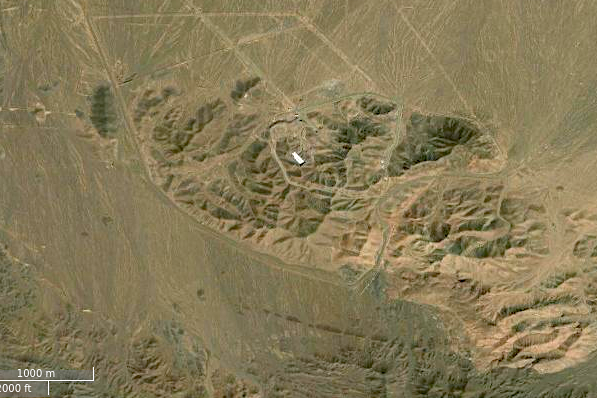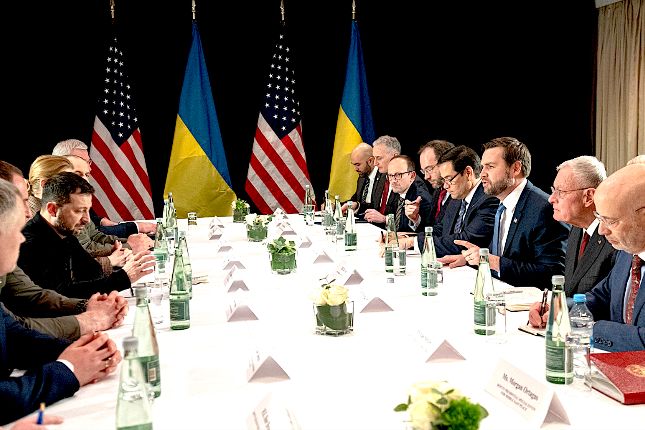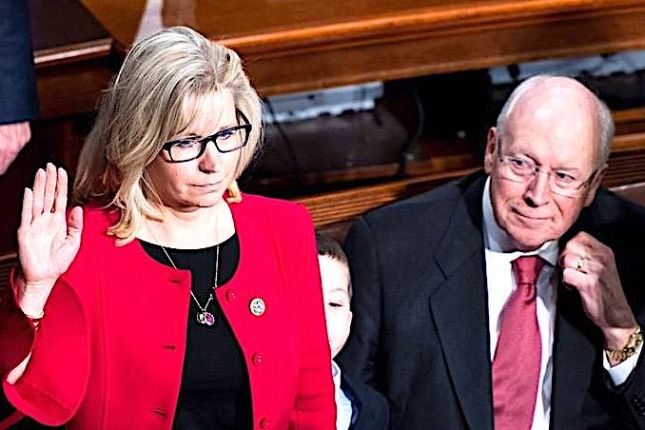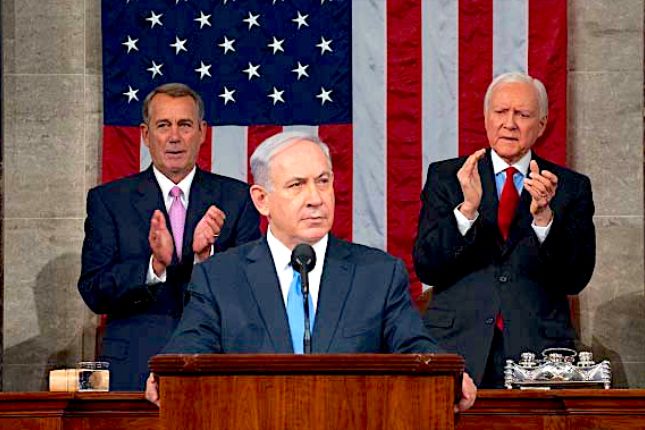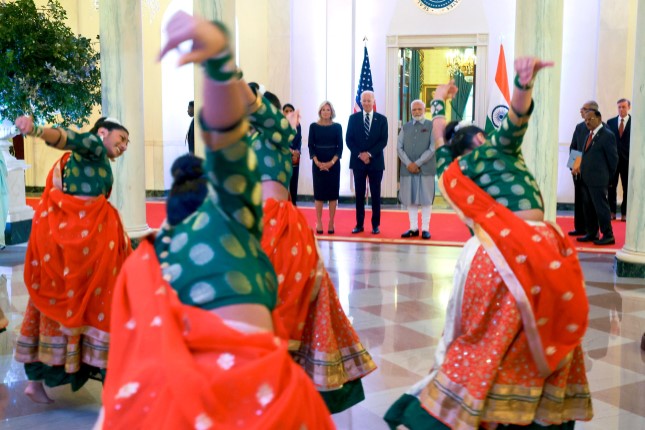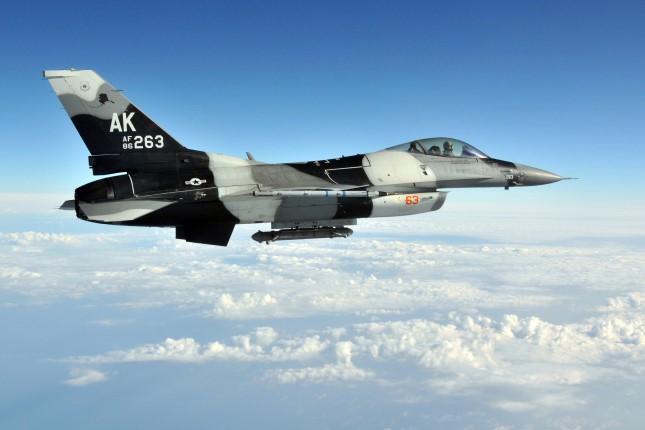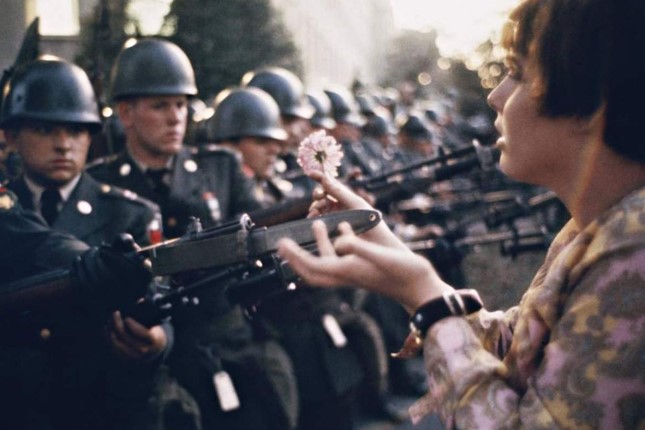Israeli Foreign Minister Eli Cohen has called for the US to provide Saudi Arabia with defense commitments as Israel is vying for a normalization deal with Riyadh.
While an Israeli-Saudi normalization deal is expected to be a long way off, Saudi Arabia has been looking to get security guarantees out of the US if such an agreement ever happens. Writing in The Wall Street Journal, Cohen said the US should base the security guarantees on what it provides South Korea.
“My recent trip to South Korea and the demilitarized zone was revealing. South Korea, despite living under the shadow of a nuclear-armed neighbor and having the means to develop its own nuclear weapons, has abstained from nuclear weapons development,” Cohen said. “A comparable American defense pledge could reassure Middle Eastern nations, primarily Saudi Arabia and the Gulf states.”
Cohen appeared to be implying that Iran would be the nuclear-armed neighbor, but there’s no indication Tehran is building a nuclear bomb, which was reaffirmed by a recently released US intelligence report. Cohen said if Iran acquired nukes, it would start a regional arms race, which ignores the fact that Israel already has a nuclear arsenal that it does not officially acknowledge.
The Israeli foreign minister called for unity between Gulf Arab states and Israel. “A united front, bringing together moderate Sunni nations and Israel, would be an effective check on Iran’s growing ambitions,” Cohen wrote.
A major aspect of the normalization deals signed between Israel and the UAE, and Bahrain was to form an anti-Iran alliance in the region. But the surprise China-brokered normalization agreement between Iran and Saudi Arabia threw a wrench into the US and Israeli plans, and it’s unclear if Riyadh would want to form a bloc against Tehran.
Saudi Arabia’s new relations with Iran and its ties with China put the kingdom in a good position to extract concessions from the US, such as security guarantees. Axios reported Wednesday that Israeli Prime Minister Benjamin Netanyahu is looking for stronger security guarantees from the US as well as part of a normalization deal with Riyadh.
Source: AntiWar.
